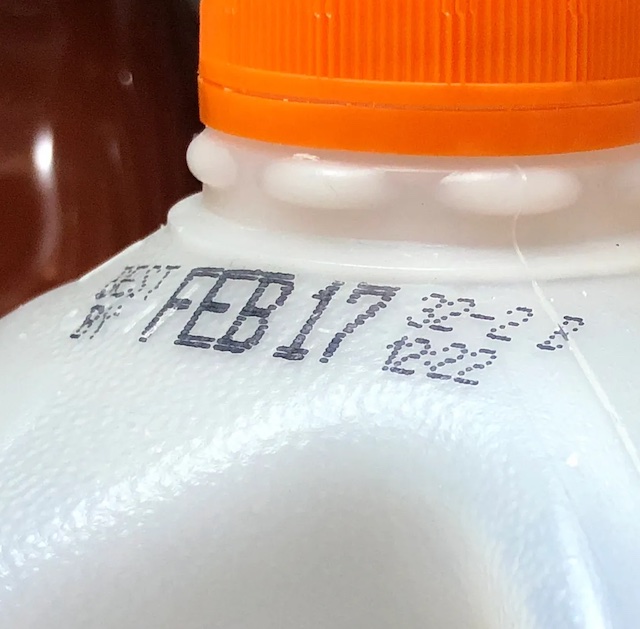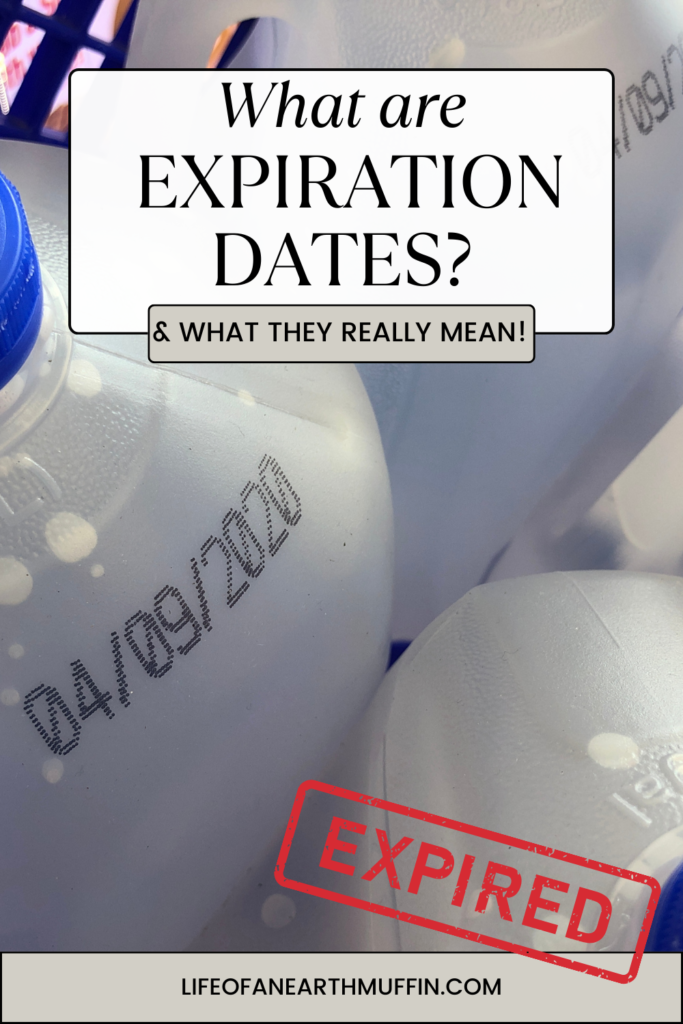Hey earth muffins! Expiration dates, found on various food products, are meant to inform consumers about a product’s safety and quality. However, understanding these dates can be confusing and lead to excess food waste. In this blog post, we’ll unravel the mystery of expiration dates, the different types, and discuss whether they truly mean your food is expired. Let’s jump right into it!

What are Expiration Dates?
Expiration dates are labels placed on food items to indicate the manufacturer’s recommendation for the last date when the product is at its peak quality and safety. There are numerous types which include:
- “Best By” or “Best Before” Date:
- This date signifies when the product is expected to be at its best quality in terms of flavor, texture, and nutritional value. It’s not a safety date; it merely suggests when the product will taste its finest.
- “Use By” Date:
- This date is an indicator of when the product is at its best quality and safety. It’s often used for perishable items, especially those that can quickly spoil (like milk).
- “Sell By” Date:
- This date is intended for retailers. It informs stores when the product should be removed from the shelves to ensure customers have enough time to consume the item while it’s at its best quality.
Do Expiration Dates Mean Your Food is Expired??
The short answer is no! Expiration dates are not strict indicators of when food becomes unsafe or unfit for consumption. “Best by” and “use by” dates primarily indicate quality rather than safety. Food past its “best by” date may not be at its peak flavor, but it’s often perfectly safe to eat. In addition, how food is stored plays a significant role in its longevity. Proper storage can extend the shelf life of many products – even past the expiration date! The rule of thumb is to trust your senses. If a food item looks, smells, and tastes fine, it’s likely safe to eat, even if it’s past the expiration date. Obviously there are exceptions to this (think infant formula), but most expiration dates can be seen as suggestions.
Why Do Expiration Dates Cause More Food Waste?
One of the primary reasons expiration dates lead to waste is the confusion surrounding date labels. When consumers assume the product is no longer safe to consume, it can lead to signifant food waste. When consumers see an approaching date, they might err on the side of caution and discard perfectly edible food as well. Hopefully this blog post has educated you further on how these dates actually work (but it is still important to reduce the food waste in your kitchen as much as you can)!

Expiration dates are essential guidelines, but they’re not the ultimate authority on food safety and quality. Understanding the different types of dates and using common sense when assessing the condition of a product are key to minimizing food waste while ensuring that what you consume is safe and enjoyable. The bottom line: trust your senses and remember that most foods can be enjoyed safely beyond their dates. How do you deal with expiration dates??
Love,
Jenna ♥





Thank you for the clarification on this! It is super helpful!